Welcome to the sunny shores of San Diego, where dreams of owning a home come alive. But before you embark on this exciting journey, let’s dive into the burning question: How much does it truly cost to build a house in America’s Finest City?
Get ready to unravel the fascinating world of construction expenses in San Diego!
How Much Does It Cost to Build a House in San Diego?
When it comes to building a custom home in San Diego, the average cost per square foot typically falls within the range of $250 to $400, or even higher, depending on the desired level of customization and the quality of materials.
To put it into perspective, constructing a 2,500-square-foot custom home would amount to approximately $625,000 to $1,000,000 for the construction phase alone. However, it’s important to note that these figures are estimates and can vary depending on the specific requirements of your project.
Opting for the lower end of the cost spectrum would entail a more basic level of customization and standard construction materials, while reaching the higher end would grant you access to extravagant designs, premium materials, and extraordinary architectural features, resulting in an exceptional custom home.
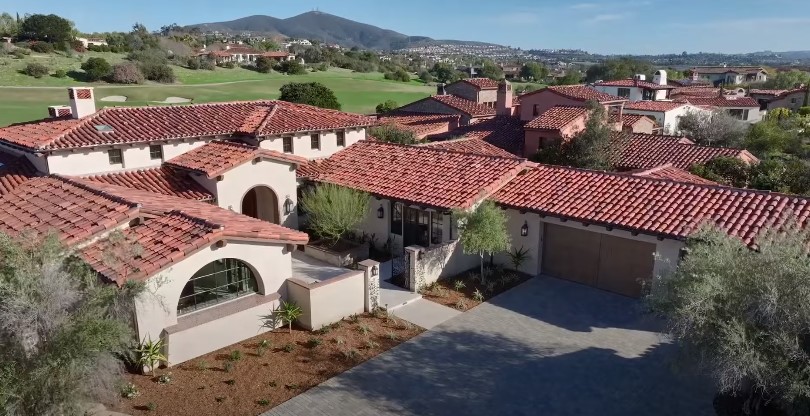
Factors that Affect the Costs of Building a House in San Diego
When it comes to building a house in San Diego, several factors come into play that can significantly impact the overall cost of the project. Understanding these factors is crucial for anyone considering embarking on the exciting journey of constructing their dream home in this vibrant California city.
Let’s explore the key elements that influence the costs of building a house in San Diego:
Location
The geographical location within San Diego plays a significant role in determining the cost of construction. Different neighborhoods and areas may have varying land prices, zoning regulations, and permit requirements.
Coastal areas or upscale neighborhoods tend to have higher land costs, impacting the overall budget.
Size and Layout
The size and layout of the house directly affect construction costs. Larger homes typically require more materials, labor, and time, resulting in higher expenses.
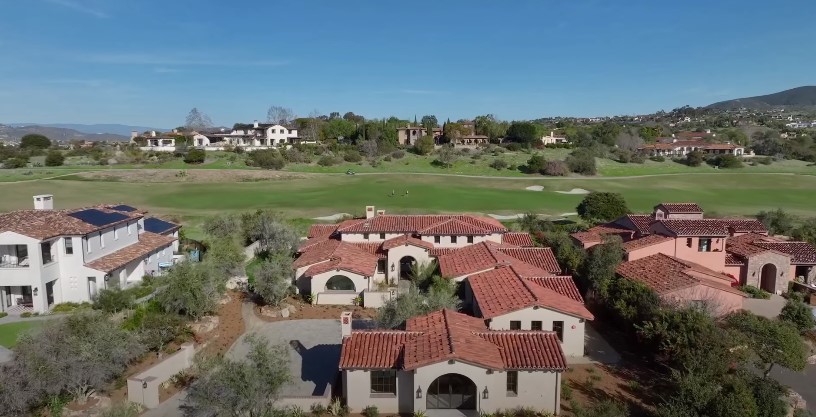
Additionally, complex floor plans or custom designs may involve intricate architectural details, specialized construction techniques, and skilled labor, which can increase costs.
Level of Customization
The level of customization desired in the house is another crucial factor impacting costs. Custom features, unique architectural elements, high-end finishes, and specialized materials will increase expenses compared to more standard and generic options.
The more personalized and tailored the design, the more likely it is to incur additional costs.
Quality of Materials
The quality of materials chosen for construction can significantly affect the budget. San Diego homeowners often opt for high-quality materials to withstand the coastal climate and enhance durability.
Premium finishes, energy-efficient features, and eco-friendly materials may come at a higher price but can provide long-term benefits and value.
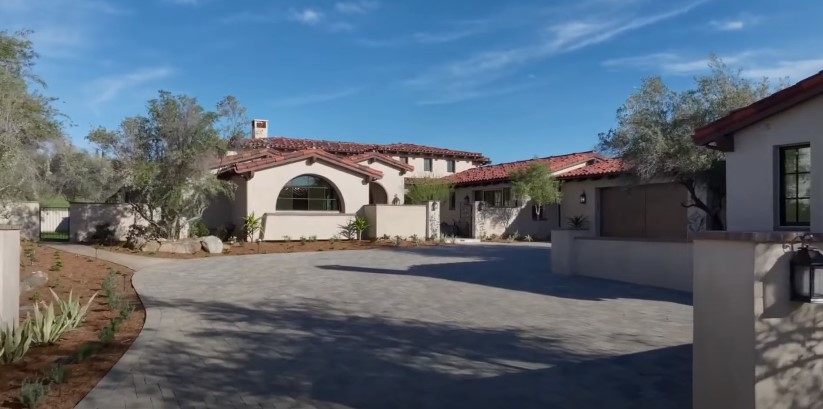
Site Preparation
Before construction can begin, the site needs to be prepared adequately. Factors such as land clearing, excavation, grading, and utility connections must be considered.
The complexity of site preparation can vary depending on the topography, soil conditions, and existing infrastructure, all of which can impact the overall cost.
Permitting and Regulatory Requirements
San Diego has specific permitting and regulatory requirements that must be adhered to during the construction process. Costs associated with obtaining permits, architectural plans, engineering reports, and inspections should be factored into the overall budget.
Any delays or revisions in the approval process can also result in additional expenses.
Labor and Construction Costs
The cost of labor and construction services in San Diego can vary based on supply and demand factors, as well as prevailing wage rates. Skilled tradespeople, architects, and contractors may have different pricing structures, so obtaining multiple quotes and conducting thorough research is essential.
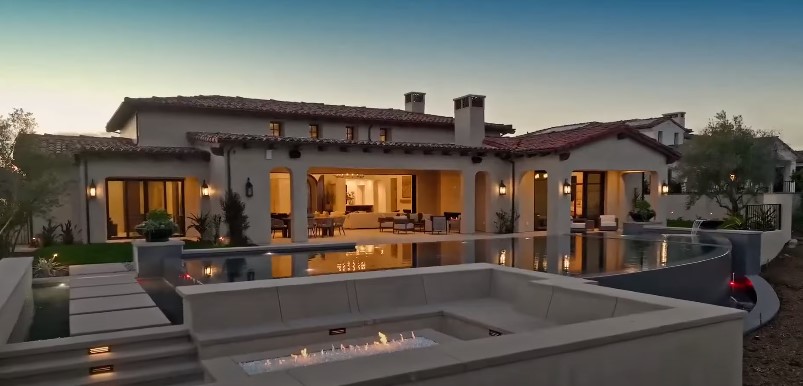
Changes in labor and construction costs can significantly impact the overall budget, so it’s crucial to consider this factor.
Timeframe and Seasonal Factors
The timeframe for construction can also affect costs. Longer construction periods may lead to increased expenses due to inflation, price fluctuations in materials, and extended labor costs.
Additionally, seasonal factors, such as high-demand periods or adverse weather conditions, can impact the timeline and overall project costs.
Amenities and Utilities
The inclusion of amenities and utilities in the house design can influence the budget. Features like swimming pools, landscaping, outdoor kitchens, smart home technology, and energy-efficient systems may incur additional costs.
It’s important to prioritize amenities and utilities based on personal preferences and budget constraints.
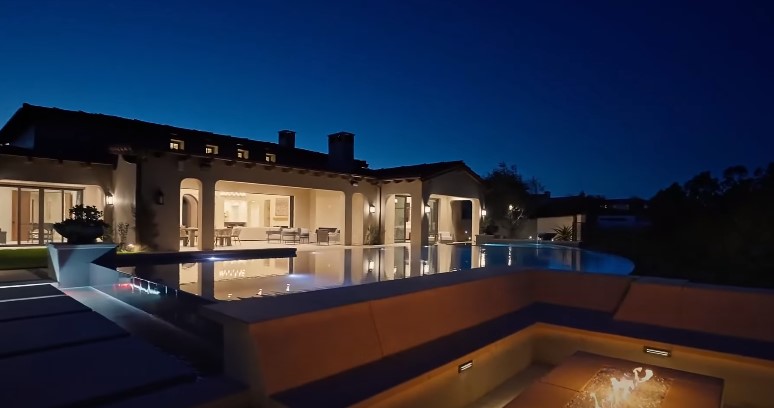
General Economic Conditions
The general economic conditions prevailing in San Diego and the construction industry can impact the overall costs. Factors such as fluctuations in material prices, interest rates, and market demand can influence construction costs.
Staying informed about market trends and economic indicators can help in making informed decisions and managing budget expectations.
Unexpected Expenses and Contingency
It’s essential to allocate a contingency fund to account for unexpected expenses that may arise during the construction process. Unforeseen challenges, such as site conditions, structural issues, or design changes, can impact the budget.
Having a contingency plan in place helps ensure financial flexibility and minimizes potential disruptions.
It’s important to note that the factors mentioned above are interrelated, and changes in one factor can cascade into others, ultimately impacting the overall costs. Proper planning, research, and working closely with professionals such as architects and contractors can help manage costs effectively and ensure a successful construction project.

How to Finance a Home Build in San Diego?
Financing a home build in San Diego requires careful planning and consideration of various funding options.
Whether you’re constructing a custom home or embarking on a major renovation project, understanding the financing process is essential. Here’s a comprehensive guide on how to finance a home build in San Diego.
Determine Your Budget
Before exploring financing options, establish a realistic budget for your home build. Consider factors such as construction costs, land acquisition (if applicable), permits, design fees, and contingency funds.
Consulting with architects, contractors, and financial advisors can provide valuable insights into estimating costs and establishing a feasible budget.
Personal Savings
Utilizing personal savings is a common way to finance a home build. By saving money over time, you can accumulate a significant portion of the required funds. Using personal savings reduces the need for external financing, minimizes interest costs, and provides more flexibility during the construction process.
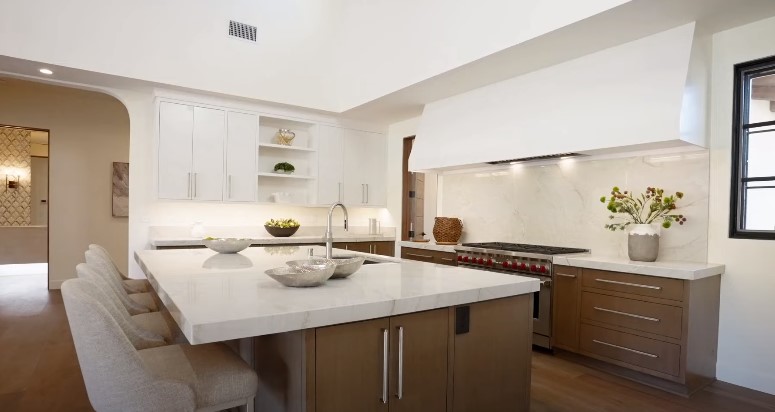
Construction Loans
Construction loans are specifically designed to fund the construction of a new home. These loans typically have higher interest rates and shorter terms compared to traditional mortgage loans. Construction loans can be obtained from banks, credit unions, or specialized lenders.
To qualify, lenders may require a detailed construction plan, cost estimates, and a down payment. Once approved, funds are disbursed in installments known as “draws” as the construction progresses. After the construction is complete, the loan can be converted into a long-term mortgage or refinanced.
Home Equity Loans or Lines of Credit
If you already own a property with accumulated equity, you may consider using a home equity loan or line of credit (HELOC) to finance your home build. These loans leverage the equity in your existing property as collateral.
Home equity loans provide a lump sum upfront, while HELOCs function as a revolving line of credit.
Interest rates on home equity loans and HELOCs tend to be lower than construction loans but may vary based on creditworthiness and market conditions.

Construction-to-Permanent Loans
Construction-to-permanent loans, also known as “one-time-close” loans, streamline the financing process by combining the construction loan and long-term mortgage into a single loan. This type of loan eliminates the need to refinance after the construction is complete.
During the construction phase, interest-only payments are typically required. Once the construction is finished, the loan automatically converts to a traditional mortgage with regular principal and interest payments.
Federal Housing Administration (FHA) Loans
FHA loans are government-backed mortgages that are popular among first-time homebuyers. These loans offer more flexible qualification requirements and lower down payment options compared to conventional loans.
While FHA loans are primarily designed for purchasing existing homes, they can also be used for new construction if certain criteria are met. Consulting with an FHA-approved lender can provide guidance on the eligibility and requirements for using an FHA loan to finance your home build.
Traditional Mortgage Loans
If you own the land outright or have significant funds to cover the initial construction costs, you may opt for a traditional mortgage loan to finance the remaining expenses. Traditional mortgage loans typically have lower interest rates and longer repayment terms than construction loans.

To obtain a mortgage loan, you’ll need to provide the lender with a completed home appraisal, detailed construction plans, cost estimates, and proof of income and financial stability.
Owner Financing
In certain cases, the land seller or builder may offer owner financing, allowing you to make payments directly to them over an agreed-upon period. Owner financing can be a viable option if traditional financing is challenging to obtain or if the seller is motivated to provide financing options.
However, it’s important to thoroughly review and understand the terms and conditions of the owner financing agreement before proceeding.
Government Programs and Grants
Explore government programs and grants that may assist with financing your home build in San Diego. For example, the US Department of Agriculture (USDA) offers loans for rural home construction, while the Department of Veterans Affairs (VA) provides construction loans and grants for eligible veterans and service members.
Additionally, local or state housing agencies may offer programs specifically tailored to assist with affordable housing or energy-efficient construction projects.

Consult With Professionals
Throughout the financing process, it’s crucial to consult with professionals who specialize in construction financing, such as mortgage brokers, loan officers, and financial advisors.
These experts can provide personalized guidance, help you navigate the complexities of the financing options, and ensure that you make informed decisions aligned with your financial goals.
Remember to conduct thorough research, compare loan terms and rates, and consider the long-term financial implications before finalizing any financing option. Building a home in San Diego is an exciting endeavor, and with careful planning and the right financing approach, you can turn your dream into a reality.
How to Estimate the Overall Cost of Building a House in San Diego?
Understand the Home Building Design and Construction Process
To accurately estimate the overall cost to build a house in San Diego, it is essential to understand the home building design and construction process. This involves collaborating with architects and contractors to develop detailed plans and specifications for your project.
By clearly defining the scope of work, materials, and finishes, you can obtain accurate cost estimates from multiple contractors. The design phase also allows for value engineering, where cost-saving alternatives are explored without compromising quality.
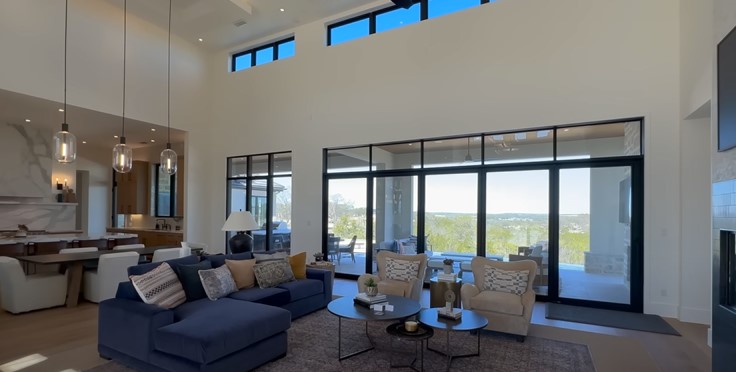
Additionally, understanding the construction process enables you to identify potential cost drivers such as site preparation, foundation requirements, and structural considerations.
By being actively involved in the design and construction process, you can make informed decisions and ensure that the project stays within budget while meeting your desired specifications and quality standards.
Price-Per-Square-Foot Analysis
A price-per-square-foot analysis is a useful method to estimate the overall cost to build a house in San Diego. By examining similar construction projects in the area, you can gather data on the average cost per square foot.
This analysis takes into account factors such as construction materials, labor costs, permits, and site preparation. However, it’s important to remember that the price per square foot can vary based on customization level, design complexity, and quality of finishes.
To obtain a more accurate estimate, consider adjusting the price per square foot based on the specific requirements of your project. This analysis serves as a starting point for budgeting and can help you make informed decisions when it comes to selecting materials and features that align with your budgetary constraints.
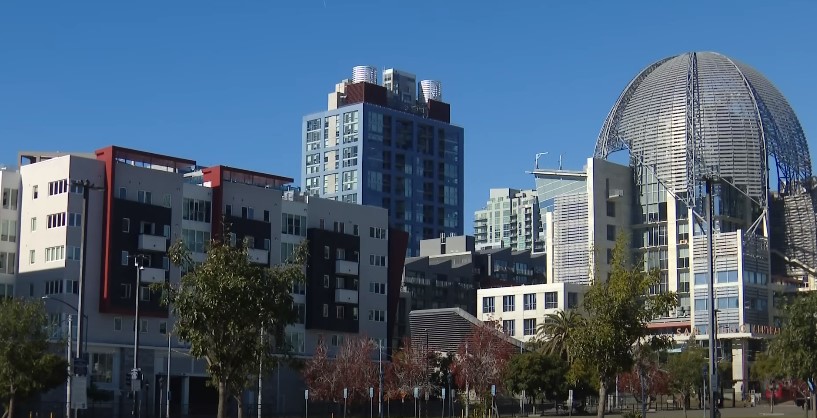
Adjust for Current Market Conditions in San Diego
When estimating the overall cost to build a house in San Diego, it’s crucial to adjust for current market conditions. The construction industry is influenced by various economic factors that can impact material costs, labor rates, and overall project expenses.
Stay up-to-date with market trends and fluctuations in San Diego’s construction sector, including supply and demand dynamics. Keep a close eye on the cost of building materials such as lumber, concrete, and steel, as they can experience significant price fluctuations.
Additionally, consider local economic indicators, interest rates, and construction activity levels.
Factor In Permitting Fees
When estimating the overall cost to build a house in San Diego, it’s essential to factor in permitting fees. Obtaining the necessary permits from local authorities is a crucial step in the construction process and comes with associated costs. The permitting fees vary depending on the scope and complexity of the project.
These fees cover the administrative expenses involved in reviewing plans, conducting inspections, and ensuring compliance with building codes and regulations.
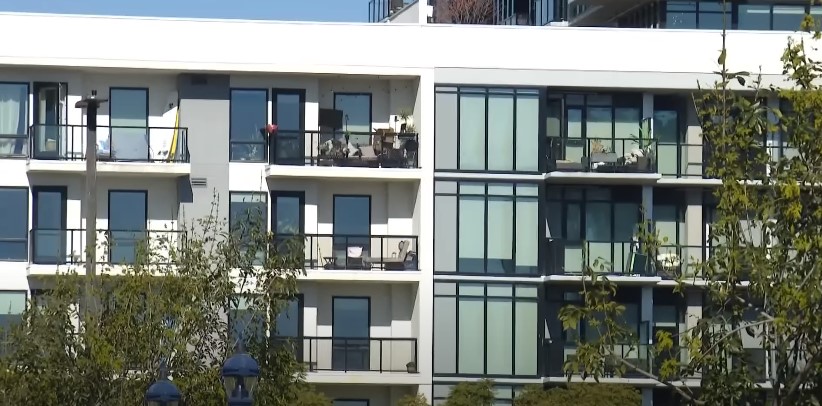
To estimate the permitting fees, consult the local building department or permit office and inquire about the specific requirements for your project.
Consider the Level of Finish and Design Features for Your Custom Home
When estimating the overall cost to build a house in San Diego, it’s important to consider the level of finish and design features for your custom home. The finishes and design elements you choose can have a significant impact on the overall cost.
High-end finishes such as premium flooring, custom cabinetry, luxury appliances, and intricate architectural details will generally come with a higher price tag compared to more standard options.
Similarly, unique design features like vaulted ceilings, custom lighting fixtures, or specialty windows can add to the construction costs. To estimate the overall cost accurately, work closely with your architect and contractor to determine the desired level of finish and design features for your custom home.
Refine Your Building Cost Estimate With Material Costs
To estimate the overall cost to build a house in San Diego, it is crucial to refine your building cost estimate by considering material costs. Materials account for a significant portion of construction expenses, and their prices can fluctuate due to market conditions.
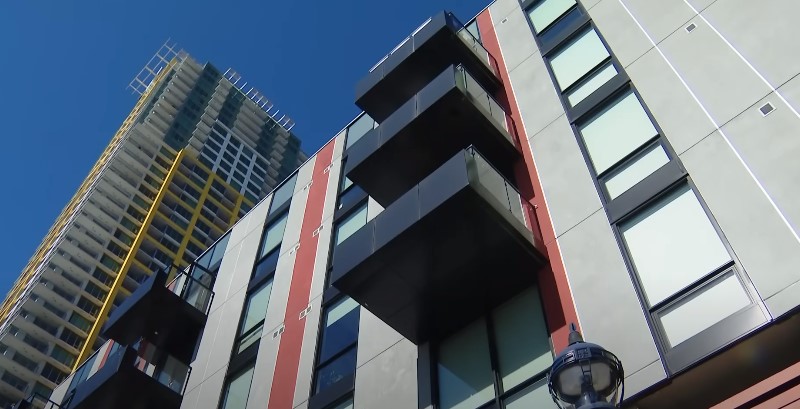
Research local suppliers compare prices for construction materials such as lumber, concrete, roofing, plumbing fixtures, and electrical components. Obtain detailed quotes from multiple suppliers to accurately assess the current costs.
How to Save Money in Building a House in San Diego?
Building a house in San Diego can be a significant investment, but there are several strategies to save money without compromising on quality. Here are some ways to save money during the construction process:
Set a Realistic Budget
Establish a realistic budget early on and stick to it. Plan your expenses carefully, considering all aspects of the project, including construction costs, permits, design fees, and contingencies. By having a clear budget in mind, you can make informed decisions throughout the construction process.
Plan Efficiently
Thoroughly plan every aspect of your project to avoid costly changes or delays. Work closely with architects, contractors, and designers to ensure that your design and specifications are finalized before construction begins. Changes made during construction can be expensive and disrupt the project’s timeline.
Value Engineering
Explore value engineering options to reduce costs while maintaining quality. Value engineering involves analyzing design and material choices to identify cost-saving alternatives without compromising functionality or aesthetics.
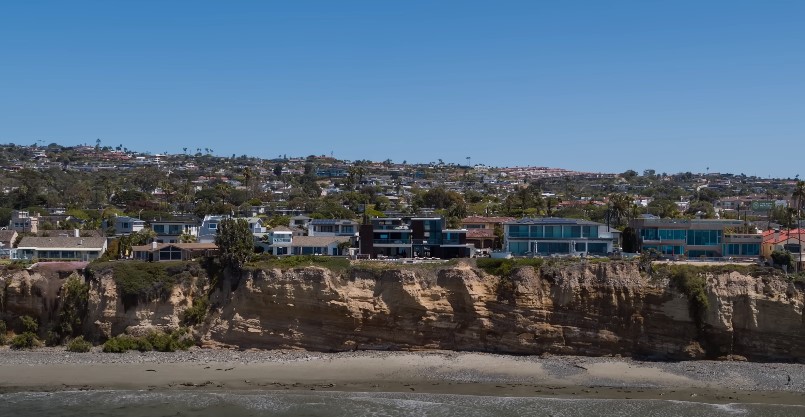
Engage with professionals who can offer suggestions on cost-effective solutions for materials, finishes, and construction methods [1].
Comparison Shopping
Obtain multiple quotes from different suppliers, subcontractors, and contractors. Compare prices and negotiate for better deals. By shopping around, you can potentially save money on materials, labor, and services.
Energy Efficiency
Incorporate energy-efficient design features and systems into your home. Investing in energy-efficient windows, insulation, appliances, and HVAC systems may have higher upfront costs but can result in long-term savings on utility bills. Additionally, you may be eligible for energy efficiency rebates or tax incentives.
Prioritize Needs Over Wants
Differentiate between your needs and wants. Focus on essential features and elements that are necessary for your comfort and lifestyle. Limiting excessive customization and high-end finishes can help reduce costs significantly.
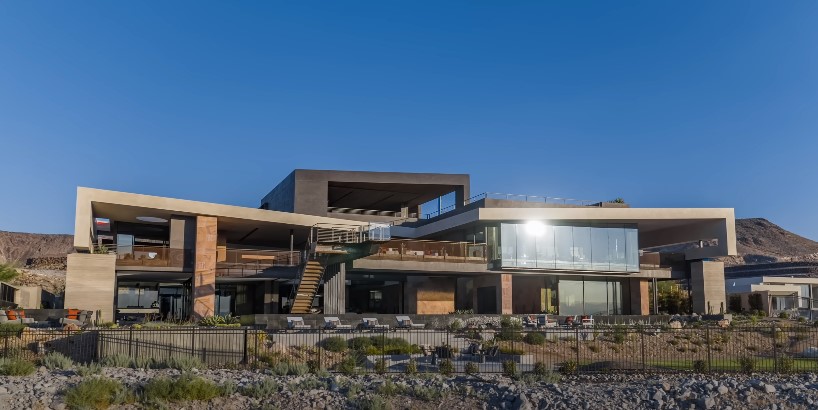
Avoid Overbuilding
Build a house that suits your needs without excessive square footage. An oversized house can drive up construction costs, property taxes, and ongoing maintenance expenses. Optimize the use of space by carefully planning the layout and ensuring functional design.
Time Your Construction
Consider the timing of your construction project. Construction costs and labor availability can fluctuate depending on market conditions. Research the best time to start construction, taking into account any seasonal factors or fluctuations in the industry.
Monitor the Construction Process
Stay actively involved in the construction process and monitor the progress closely. Regularly communicate with the contractor and ensure that the work is being executed as per the agreed-upon plans and specifications. Address any concerns or issues promptly to avoid costly mistakes or rework.
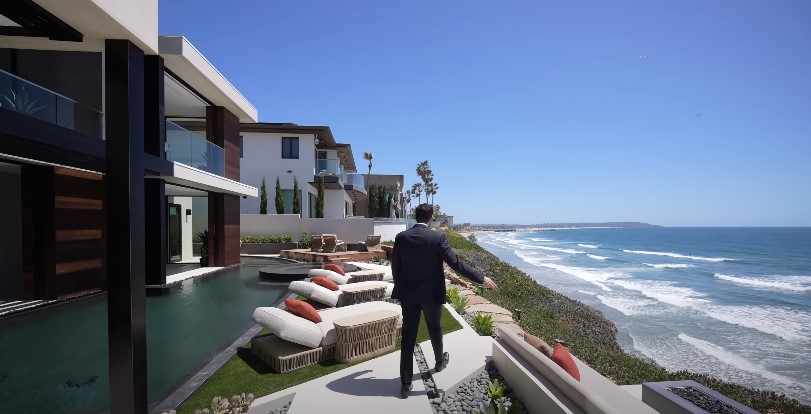
Remember, while it’s important to save money, make sure not to compromise on safety, structural integrity, or quality. Consulting with professionals can provide valuable guidance throughout the construction process to help you save money effectively while achieving your desired results in building a house in San Diego.
Conclusion
As the waves of San Diego crash against its golden shores, the cost to build a house in this captivating city becomes a captivating question. From material choices to customization levels, factors intertwine to shape the price tag.
So, if you’re ready to turn sandy dreams into architectural reality, brace yourself for the thrilling adventure of discovering the cost of building your dream home in San Diego.

